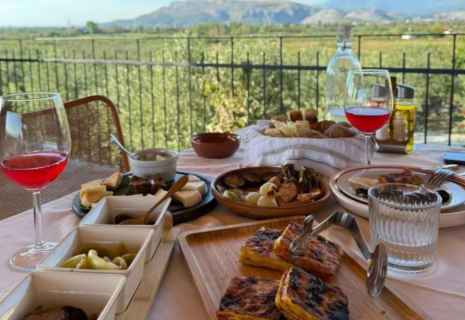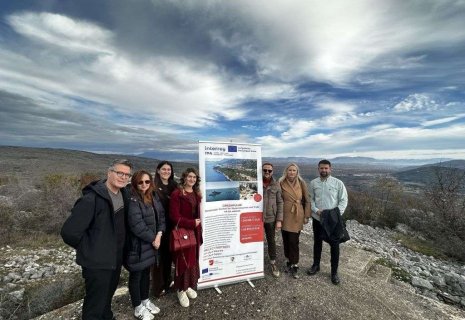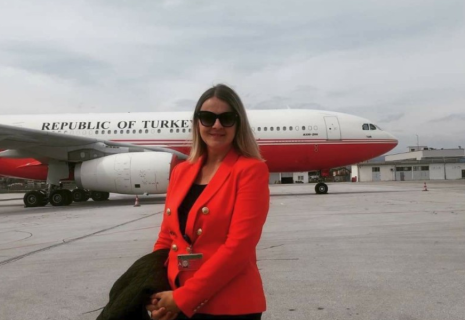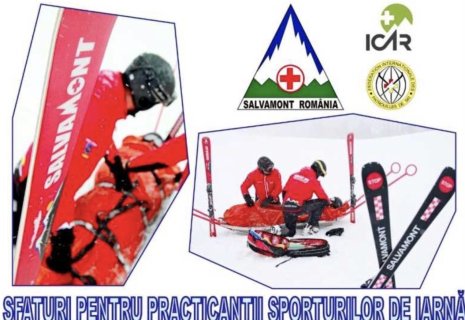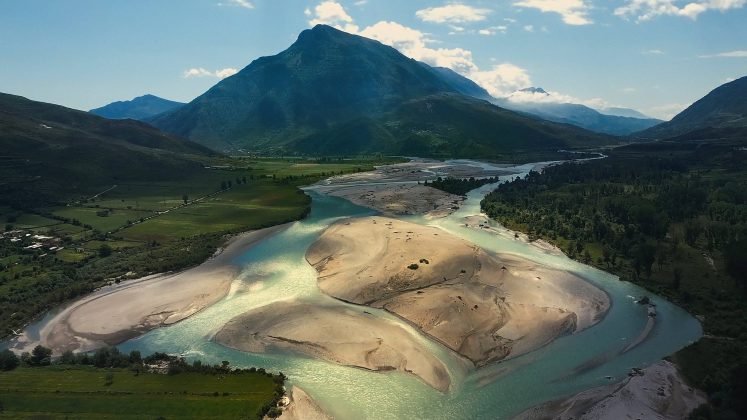
Europe’s last wild river gains global protection
The Ministry of Tourism and Environment of Albania announced today that UNESCO has officially recommended declaring the Vjosa Valley as a Biosphere Reserve, CE Report quotes ATA.
“It is more than an international recognition; it is an acknowledgment of the wild beauty of the Vjosa, gratitude to the people of those lands who live in harmony with nature, and to the joint efforts in protecting Europe’s last wild river,” said Mirela Kumbaro, Minister of Tourism and Environment.
The minister emphasized that this result is not accidental but comes after intensive work by the relevant institutions. She mentioned the first visit of UNESCO’s Director-General, Audrey Azoulay, to the Vjosa Valley in February 2023, as well as the ongoing dedication of specialists from the National Agency of Protected Areas.
“Today, Vjosa is not just a river, but a model of sustainable development, where nature inspires. In September this year, the UNESCO Biosphere Reserves Council is expected to finally approve the inclusion of Vjosa on the world heritage list, as a hymn to nature and to the people,” Kumbaro declared.
The designation of the Vjosa Valley as a Biosphere Reserve will strengthen its international status and further promote nature conservation and sustainable development in the region.
The Vjosa River is known as “Europe’s last wild river” because it flows freely for about 270 km, from its sources in the Pindus mountains in Greece (where it is called Aoos) to its mouth in the Adriatic Sea in Albania.
The Vjosa Valley is a unique ecosystem that includes diverse habitats such as forests, river islands, and agricultural land, with more than 1,100 species of plants and animals, including endangered species such as otters, Dalmatian pelicans, and endemic fish. It is a migration corridor for many birds and an important area for European biodiversity.

